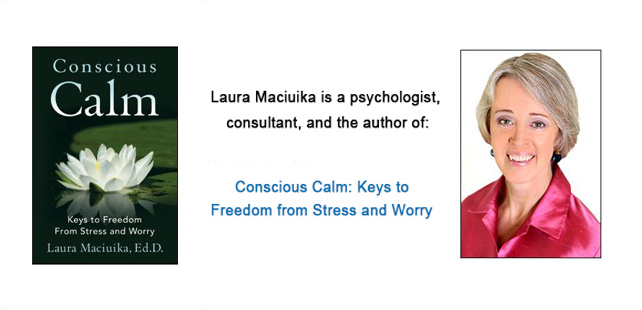 During this multi-holiday month, it’s easy to fall into the frenzy. For most people there is an uptick in socializing, gift buying, and get-togethers with family both chosen and obligatory.
During this multi-holiday month, it’s easy to fall into the frenzy. For most people there is an uptick in socializing, gift buying, and get-togethers with family both chosen and obligatory.
I hear from people all the time that they basically are postponing relaxation until everything on the To Do list is completed and the obligations handled.
That’s one way to do it. And it’s a common one. It’s basically a Survival Mode strategy. We can find tips for Surviving the Holidays all over the internet, including How To Survive Going Home for the Holidays and more edgy (and possibly questionable) tips for surviving holidays that include “keeping the booze close.”
Different strokes.
One thing to keep in mind before choosing the Surviving the Holidays route, is the effect on the body and mind of going into survival mode, even in a low-grade way.
The connection our bodies and minds make with “survival” is to move toward the automatic “fight, flight, or freeze” response. That is our body’s survival mechanism, allowing us to get through an actually dire or dangerous situation.
The body tightens up. Our minds narrow our available bandwidth to focus only on how to survive. We have more adrenalin, cortisol, and other stress hormones coursing through our bodies.
These responses are needed to save us from actually dangerous situations. But when we equate the holidays with needing to “survive” something, we may not be doing ourselves any favors.
When we are in survival mode, we are automatically more tense. There is an automatic sense of fear and danger, either on a low-grade level we may not even pay attention to, or to a more noticeable extent depending on the triggers in and around us. The stress hormones and the fight, flight or freeze response in the body naturally excludes the relaxation response. It becomes harder to relax or un-tense the body.
We are also more narrow in our thinking. When fight, flight or freeze is activated, we narrow our cognitive functions. We literally are not as bright as usual, because on a basic level we are focusing more on survival, on danger, or a lack of safety. Not the best mode to be in, perhaps, when interacting with friends or family.
Instead of Survival Mode, it can be more practical (and more relaxing, more fun) to consider the holidays in Self Care Mode. This brings a different set of questions to mind, and allows our bodies and minds to stay more open and relaxed, instead of activating the stress response.
For example, instead of focusing on danger and survival, Self Care Mode invites you to ask, “How can I slow down a little today?” or, “When can I build in a break for myself?” Even smaller breaks can make a big difference in energy level and mood.
When at a social function, or visiting family, try focusing on where your breath is in your body. Grounding in your body and recognizing when your breath tightens up allows you to short-circuit any creeping fight, flight or freeze, invites the relaxation response to activate instead, and leaves you more open and relaxed.
In Self Care Mode you’re more likely to have more of a cushion to be able to respond to people and situations, instead of reacting. Staying present and connected with what you want or need can help you stay more open and able to generate options, whether dealing with a flight delay or a flat tire, or chatting with someone at a gathering who has been challenging in the past.
Instead of focusing on “surviving” the holidays, see how you might turn that into extra good care of yourself in the midst of the holiday frenzy. That doesn’t mean indulging (necessarily!). It’s more about changing your focus, plus your meaning-making or self-talk.
Shifting your focus from survival to checking in with yourself will help keep you stay more present to celebrate the season and people around you. It will prevent you from draining your energy into a mental and physical stress response. And shifting out of survival mode will support you in enjoying yourself more fully, no matter where you are.


